Lily Allen Bristol
Tuesday, Mar 17, 2026
20:00
, Bristol
Nestled at the heart of Bristol's vibrant cultural landscape, the Bristol Beacon stands not merely as a concert hall, but as a pulsating artery within the city's creative spirit. More than just a venue, it's a sanctuary for sound, a crucible for emerging talent, and a grand stage for established artists. For decades, its hallowed halls have reverberated with the echoes of unforgettable performances, cementing its status as a premier destination for live music enthusiasts. This is a place where the tangible history of Bristol's sonic evolution meets the electric anticipation of the next great gig, offering an experience that is both deeply personal and undeniably communal.
The story of the Bristol Beacon, formerly known as Colston Hall, is intertwined with the very fabric of Bristol's civic and cultural development. The original building, the Colston Hall, was first opened in 1867 as part of a larger civic complex. Its construction was funded by public subscription, a testament to its intended role as a space for the people of Bristol. Architecturally, it was designed in the Victorian Gothic Revival style, a common aesthetic for public buildings of the era, aiming for grandeur and permanence.
However, the journey to its current iteration is marked by significant transformation. The original hall suffered two devastating fires, one in 1935 and another in 1945, which necessitated extensive rebuilding and modernization. These incidents, while destructive, also provided opportunities to adapt the space to evolving artistic and technological demands. The post-war reconstruction saw the venue re-emerge with a more contemporary feel, capable of hosting a wider array of performances. The building's dual identity, its evolution from a Victorian concert hall to a modern multi-purpose venue, is a micro-history often overshadowed by the immediate thrill of its performances. It speaks to a resilience and adaptability that has allowed it to remain a vital cultural landmark through significant social and architectural shifts.
Throughout its long history, Bristol Beacon has been more than just a passive recipient of cultural trends; it has actively shaped them, particularly within the fertile ground of the Bristol music scene. Its ability to cater to diverse genres has made it a crucial platform for both local and international artists. In its earlier days, it hosted classical concerts and traditional performances, but as popular music evolved, so too did the Beacon's programming. It became a significant stop for touring rock bands in the 70s and 80s, and later, a key venue for electronic music and the burgeoning rave scene that Bristol became synonymous with.
The venue’s consistent presence has fostered a sense of continuity and legacy for Bristol's music lovers. For generations, it has been the benchmark for major live music events in the city, influencing the tastes and experiences of countless attendees. Its role in presenting a broad spectrum of music, from intimate folk sets to colossal rock shows, has educated and inspired audiences, contributing significantly to Bristol's reputation as a creative hub.
The true soul of Bristol Beacon is etched into the memories of those who have witnessed its legendary nights. Its unique selling proposition lies in its deep-rooted connection to Bristol's progressive spirit and its consistent ability to champion cutting-edge sounds alongside established legends, fostering an environment where musical innovation thrives. This commitment to diverse and forward-thinking programming has resulted in a rich tapestry of unforgettable gigs.
Here are just a few of the iconic performances that have graced the Bristol Beacon's stages:
The nearest train station is Bristol Temple Meads, which is a major national rail hub. From Temple Meads, it's approximately a 15-20 minute walk to the venue, or a short taxi ride. There are also regular bus services from the station.
Numerous bus routes serve the city centre, with stops within a short walking distance of the venue. Key routes serving the area include those that run along the city centre arteries. Check local bus timetables for the most convenient routes from your starting point.
Driving to Bristol Beacon is feasible, though city centre parking can be limited and expensive.
Please note that Bristol city centre operates a Clean Air Zone (CAZ), and depending on your vehicle's emissions standards, charges may apply.
Bristol Beacon is committed to providing an inclusive and accessible experience for all its visitors.
To ensure a smooth and enjoyable visit, please be aware of the following:
The main hall at Bristol Beacon has a capacity of approximately 1,700 for seated concerts and up to 2,000 for standing events. There are also smaller performance spaces within the venue.
The Bristol Beacon is easily accessible by bus, with many routes stopping in the city centre within walking distance. Bristol Temple Meads train station is the nearest major rail hub, approximately a 15-20 minute walk or short bus/taxi ride away.
Yes, Bristol Beacon is fully wheelchair accessible. Lifts provide access to all public areas and performance spaces, and accessible seating is available.
Door opening times vary for each performance. It is essential to check the specific event details on the Bristol Beacon website or your ticket for the most accurate information. It is generally recommended to arrive 30-45 minutes before the advertised start time.
The most convenient parking is at The Helix Car Park (BS1 5TU), located directly underneath the venue. Other nearby options include Bristol Hippodrome Car Park (BS1 4UX) and Nelson Street Car Park (BS1 2QD). Remember to check for Clean Air Zone charges if driving.
Tuesday, Mar 17, 2026
20:00
Saturday, Mar 7, 2026
19:00:00
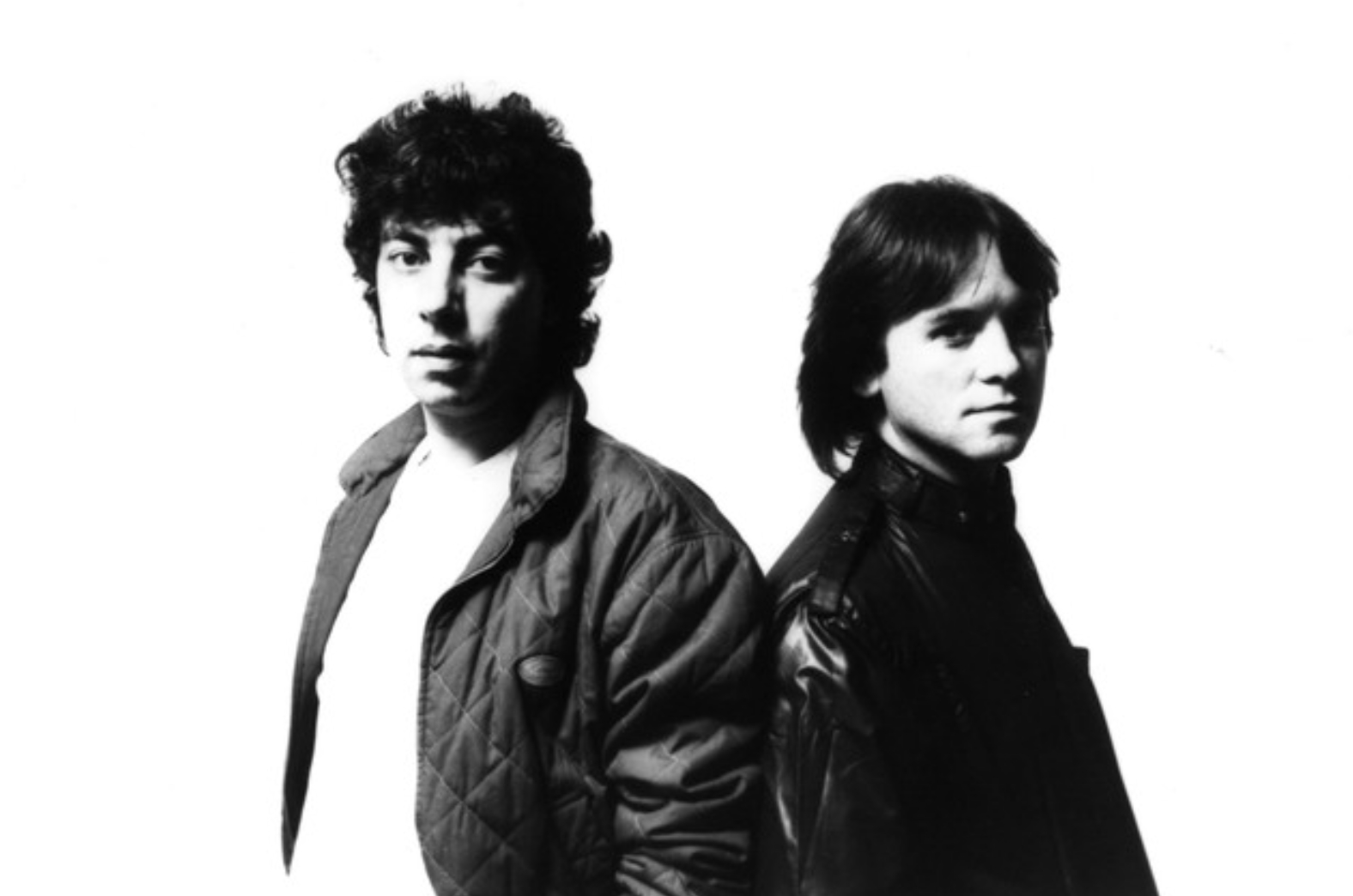
Tuesday, Mar 24, 2026
20:00

Tuesday, Jun 2, 2026
20:00
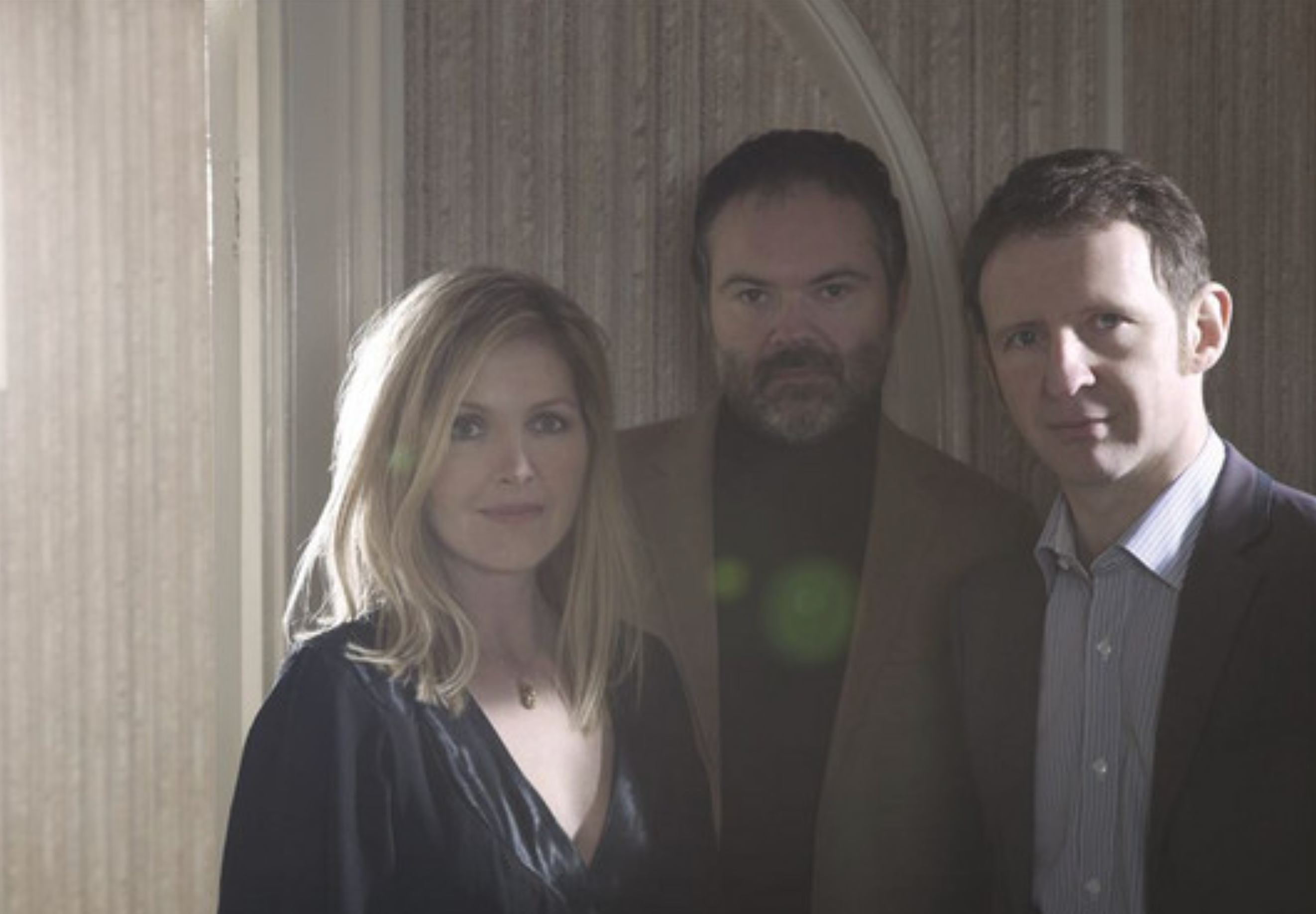
Wednesday, Sep 16, 2026
20:00
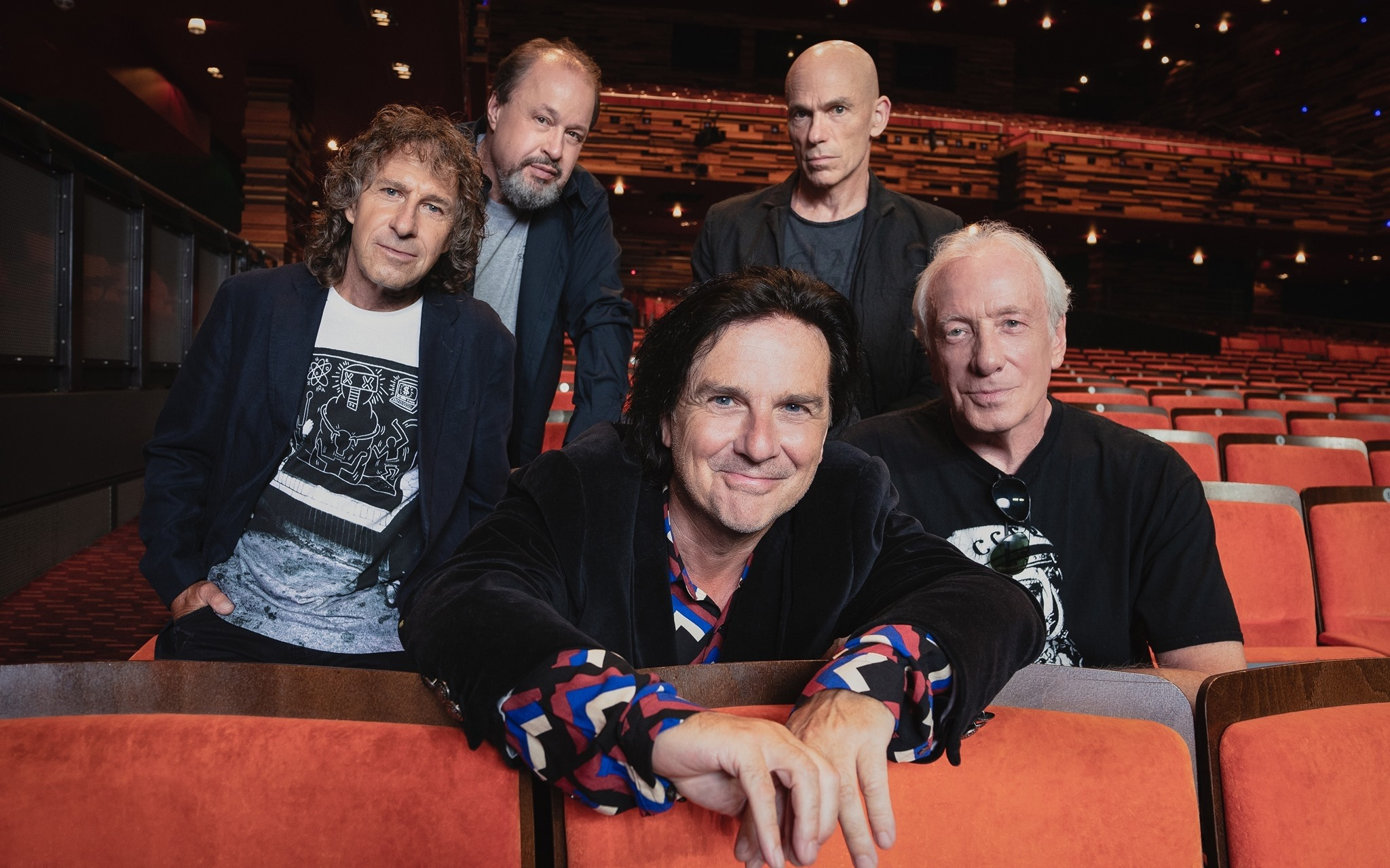
Friday, Sep 18, 2026
20:00
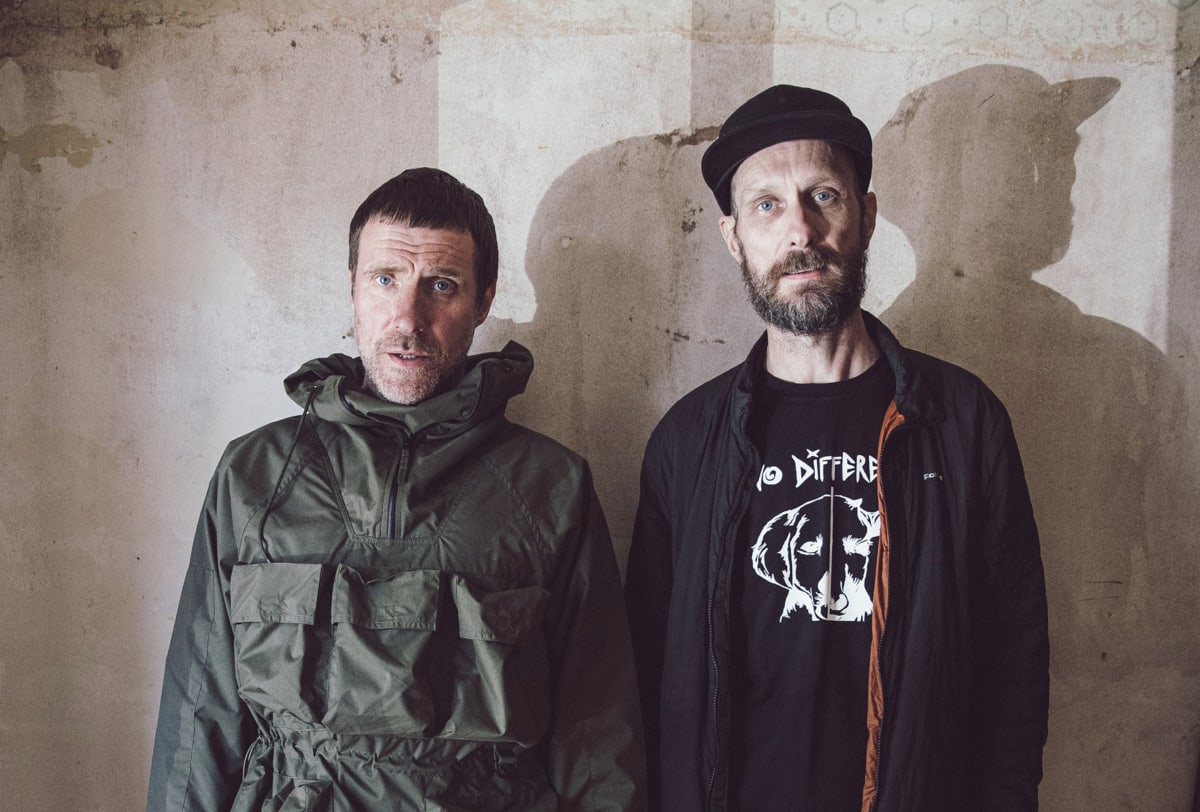
Thursday, Mar 5, 2026
19:00:00

Monday, May 4, 2026
19:00:00
Wednesday, May 27, 2026
20:00
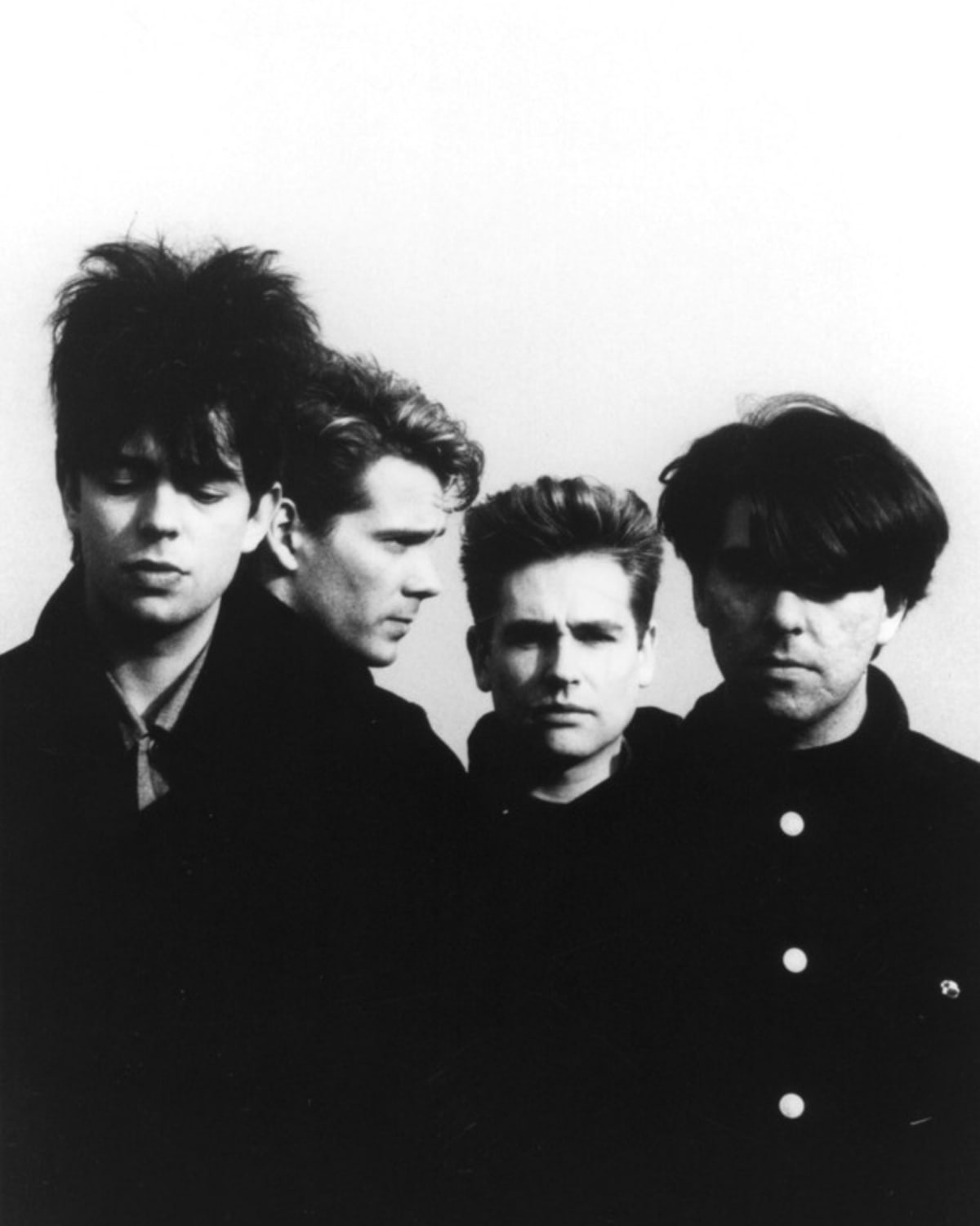
Friday, Mar 13, 2026
19:00:00
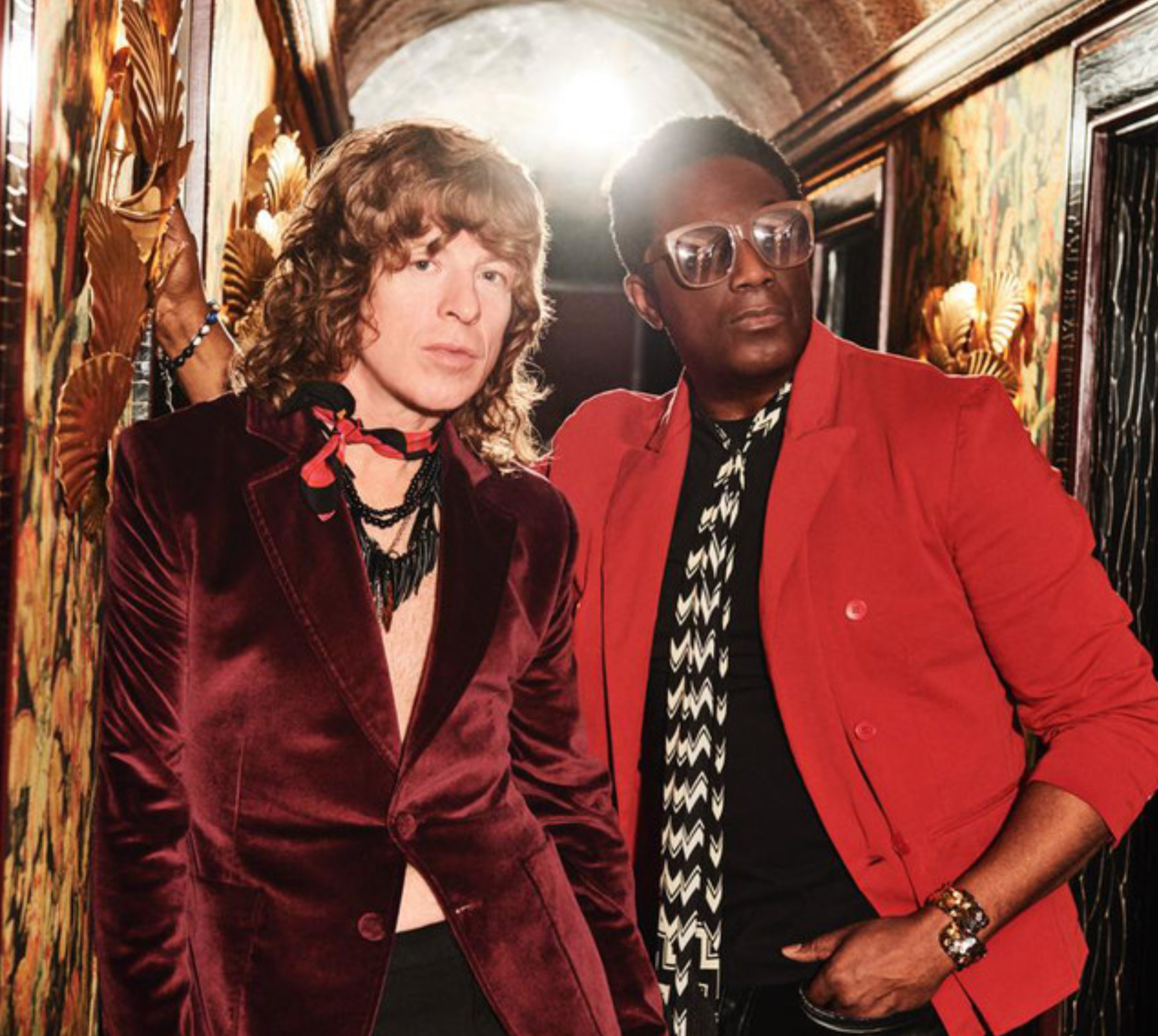
Thursday, Mar 26, 2026
20:00
Monday, Mar 30, 2026
20:00
Tuesday, Mar 31, 2026
19:00:00
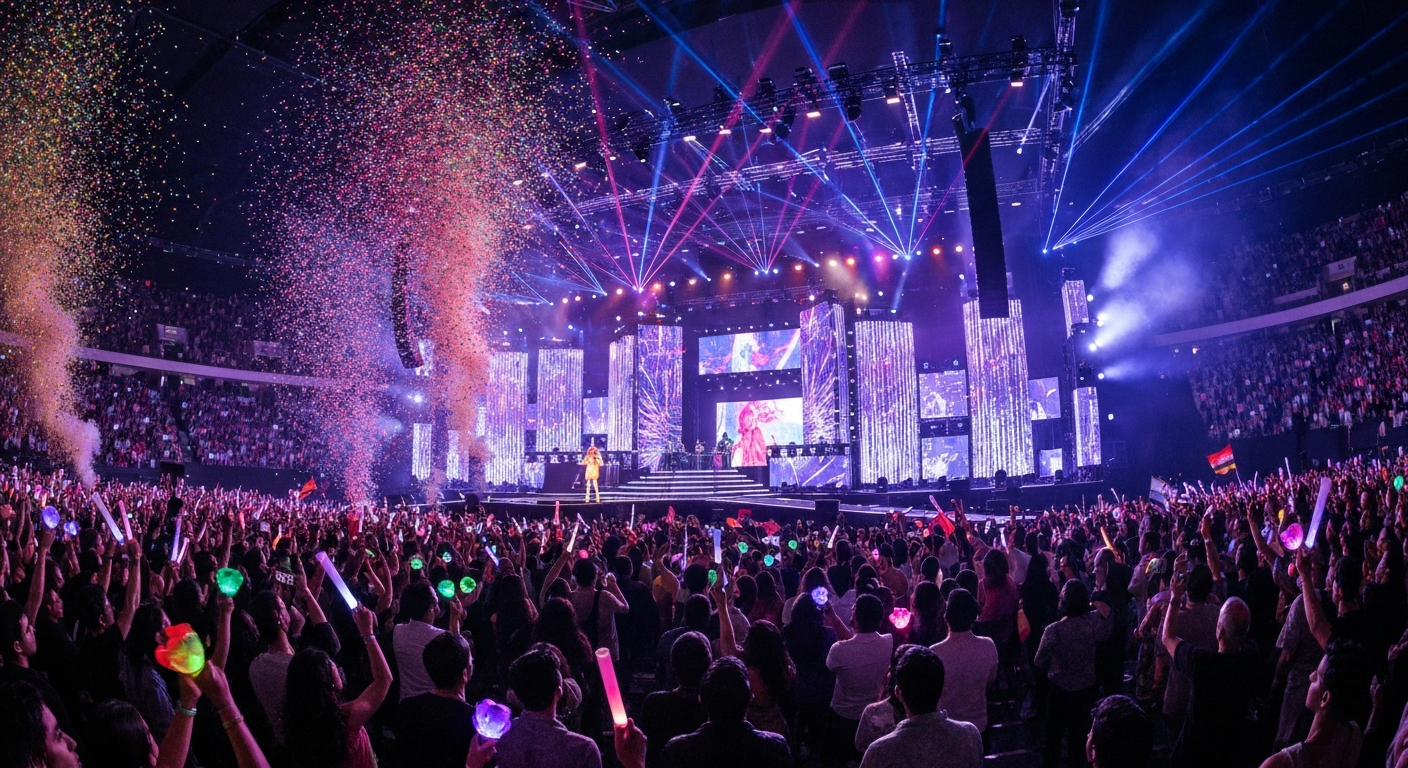
Saturday, May 9, 2026
20:00
Wednesday, Jun 3, 2026
19:00:00
Saturday, Feb 21, 2026
19:00:00
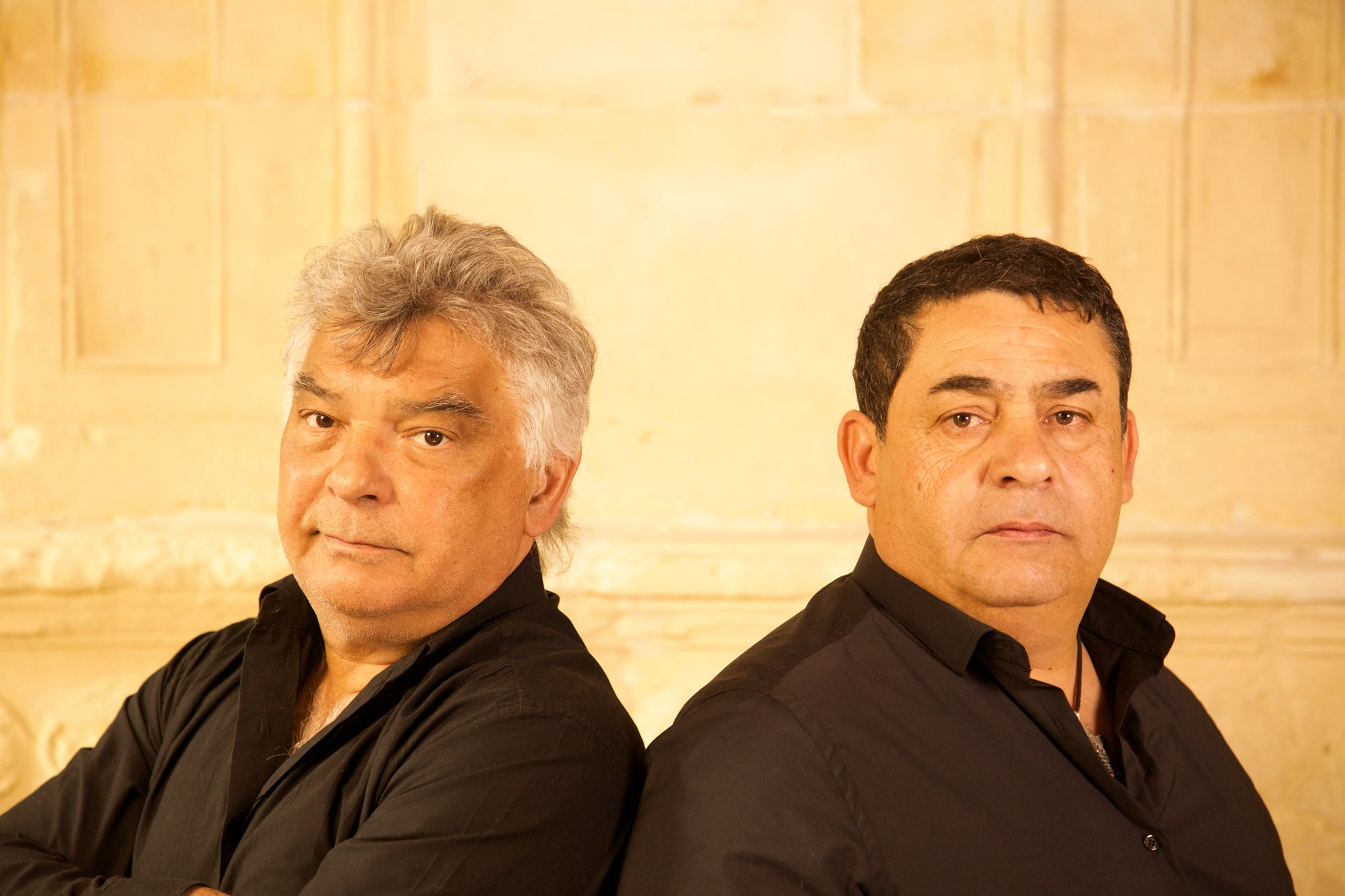
Wednesday, Nov 11, 2026
20:00
Saturday, Apr 11, 2026
19:00:00